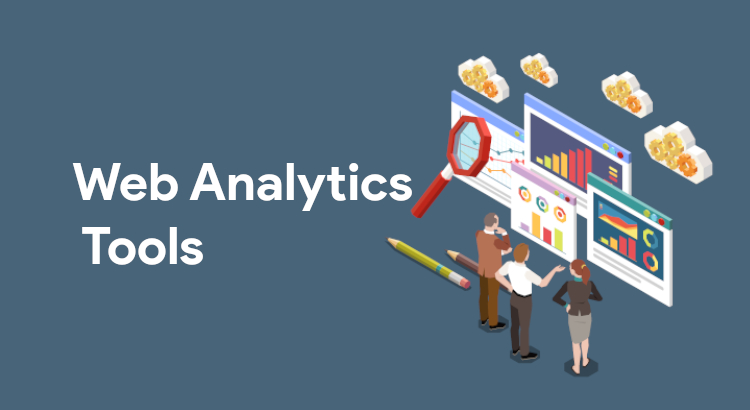Understanding user behavior and optimizing online strategies are very important for marketers. Web analytics tools are crucial in deciphering valuable insights. This article explores the top 10 web analytics tools, empowering marketers to make informed decisions and enhance their online presence.
What Are Web Analytics Tools?
Web analytics tools are instrumental in tracking, measuring, and analyzing website or app performance. They provide valuable insights into user behavior, engagement, and interaction, enabling businesses to refine their online strategies.
From page views to conversion rates, these tools offer a comprehensive understanding of digital platforms, aiding marketers in optimizing campaigns and improving overall user experience.
Best Website Analytics Tools
Here is the list of the top 10 website analytic tools examples.
1. Google Analytics
As a powerhouse in web analytics, Google Analytics provides a robust suite of tools for tracking website performance.
It offers detailed reports on user demographics, traffic sources, and user behavior, empowering marketers with actionable insights to enhance their online presence.
2. Mailchimp Reporting and Analytics
While renowned for email marketing, Mailchimp also offers powerful reporting and analytics tools.
Marketers can track email campaign performance, customer engagement, and audience behavior, gaining valuable data to refine and optimize their email strategies.
3. Baidu Analytics
Targeting the Chinese market? Baidu Analytics is tailored for businesses operating in China.
It provides comprehensive data on website performance, user behavior, and search engine optimization, allowing marketers to tailor their strategies to the unique dynamics of the Chinese internet landscape.
4. Yandex Metrica
For businesses focusing on the Russian-speaking audience, Yandex Metrica is a valuable web analytics tool in digital marketing.
It offers detailed insights into website traffic, user engagement, and conversion rates, helping marketers tailor their strategies to the preferences of the Russian-speaking user base.
5. Adobe Analytics
Adobe Analytics is a sophisticated solution that goes beyond basic metrics. It provides advanced analytics, predictive intelligence, and customer journey mapping.
Marketers can gain a deep understanding of customer interactions, enabling them to create personalized and effective campaigns.
6. Amplitude
Amplitude specializes in product analytics, offering insights into user behavior within digital products and applications.
Marketers can track user interactions, optimize features, and improve overall product experiences, making it a valuable tool for product-focused businesses.
7. Matomo
Matomo, an open-source analytics platform, prioritizes user privacy. Marketers can deploy Matomo on their servers, ensuring complete control over data.
It provides detailed analytics without compromising user privacy, making it an ideal choice for businesses emphasizing data security.
8. Hotjar
Hotjar combines analytics with user feedback tools like heatmaps and surveys. Marketers can visualize user interactions on their websites, identify pain points, and gather user feedback.
This holistic approach allows for data-driven decisions to enhance the overall user experience.
9. Statcounter
Statcounter is a straightforward yet powerful analytics tool. It offers real-time data on website traffic, popular pages, and visitor demographics.
Marketers can quickly assess website performance and make immediate adjustments to improve user engagement.
10. Monsterinsights
Monsterinsights is a user-friendly Google Analytics plugin for WordPress. It simplifies the analytics process for WordPress users, providing easy access to essential data within the WordPress dashboard.
Marketers can effortlessly track website performance without navigating away from their familiar environment.
Closing Thoughts on Web Analytics Tools
The right web analytics tool is essential for marketers aiming to make data-driven decisions and optimize their online presence. Choosing the right tool depends on the specific requirements and objectives of the marketing strategy, ensuring a tailored and effective approach in the dynamic world of online marketing.
Image by macrovector on Freepik


